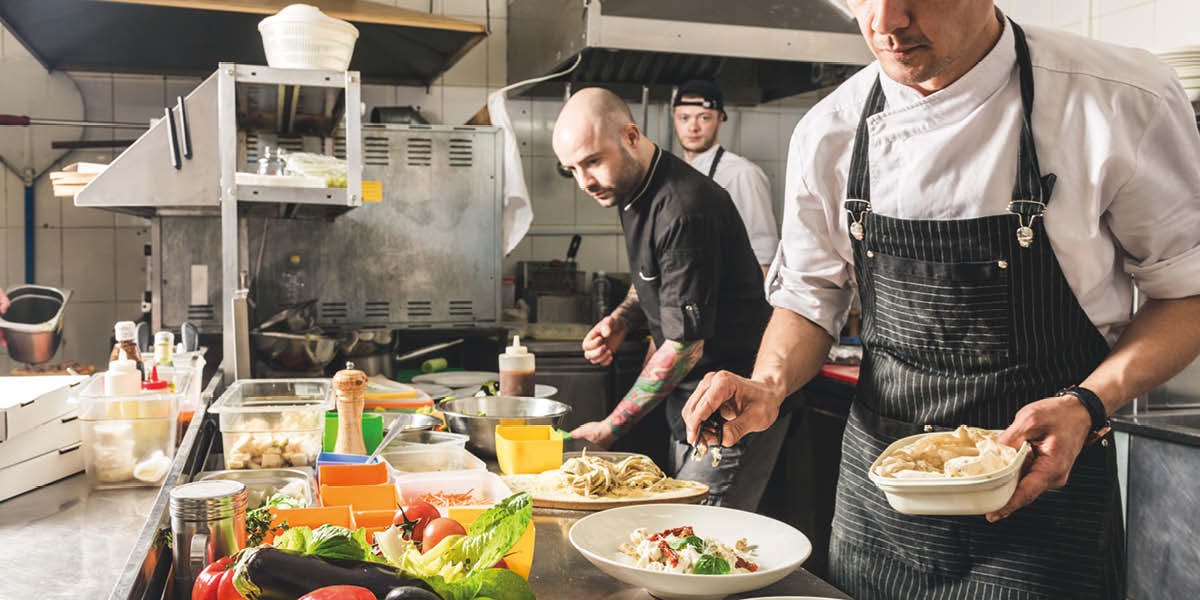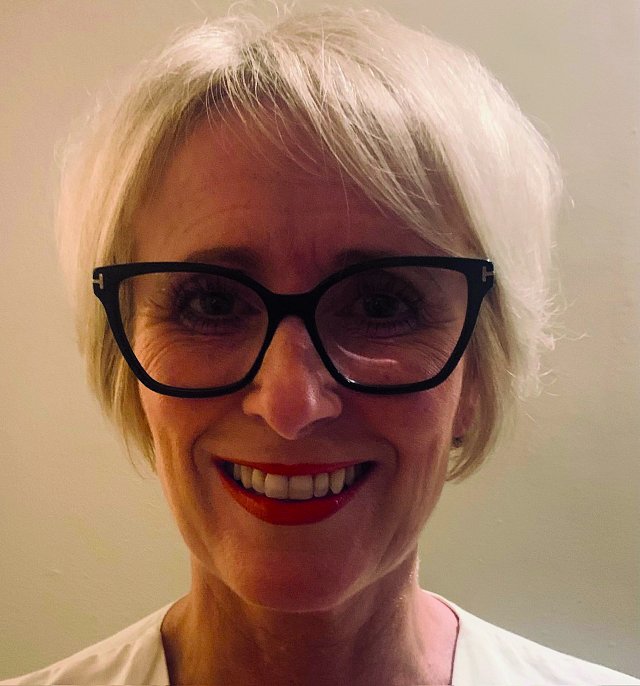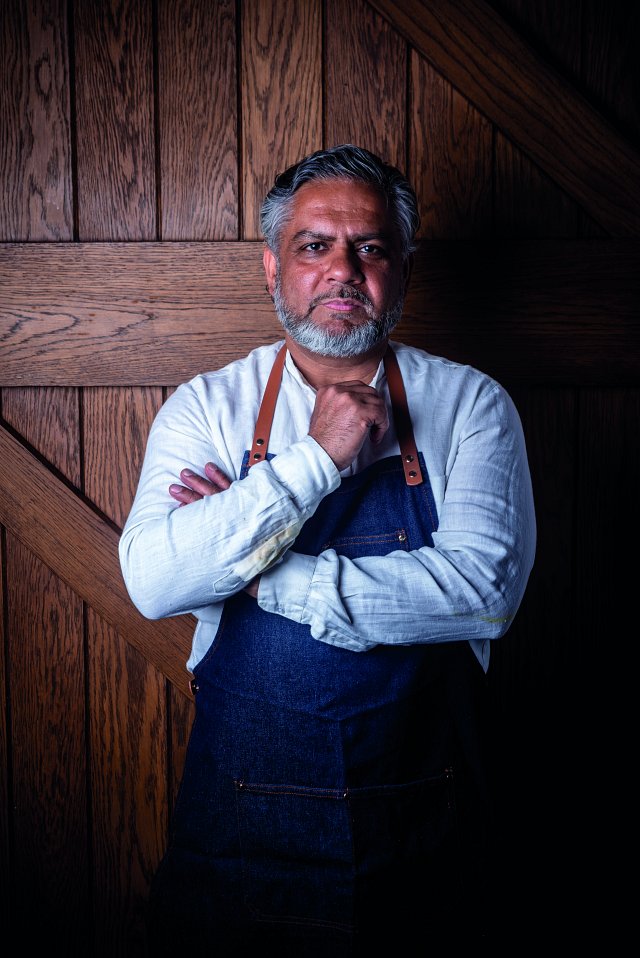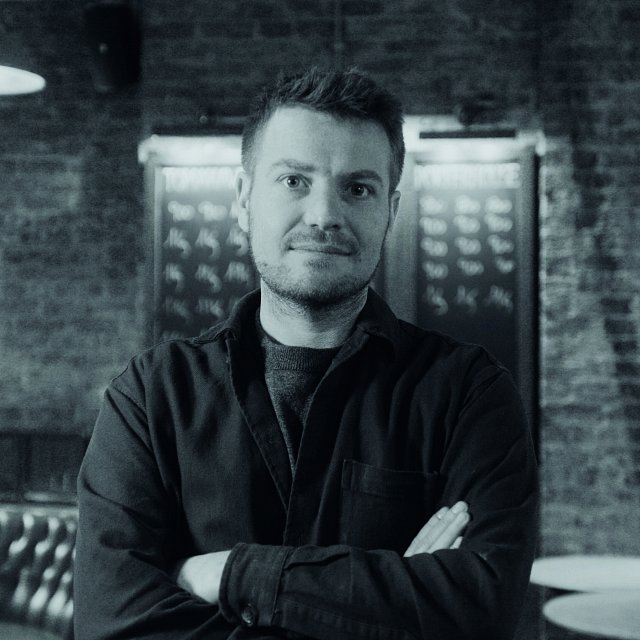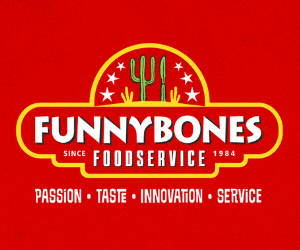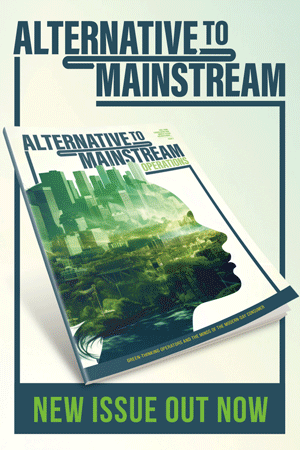Talking Heads: There's no 'I' in team
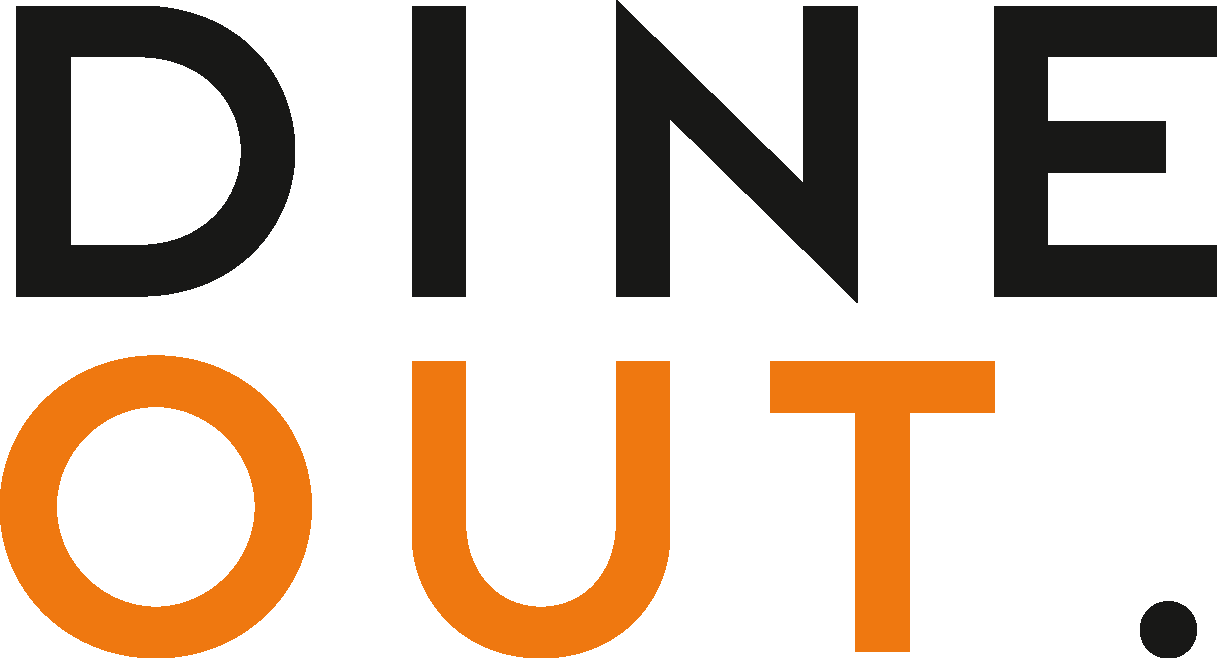
In this edition of Talking Heads, four operators share insights and ideas on how they inspire and uphold a positive workplace culture, as we tackle the topic of team welfare and inclusion
Banana Tree
Name: Kate Wilton
Job title: Managing director
Business profile: Banana Tree is a Pan-Asian restaurant concept and part of The Big Table Group’s brand portfolio. Founded over three decades ago in a small restaurant in Maida Vale, it is inspired by the iconic flavours of Southeast Asia. The brand now operates from 20 locations across the UK.
Dine Out (DO): How do you encourage an inclusive workplace culture that promotes good health and wellbeing among employees?
Kate Wilton (KW): There are so many elements to this, but I think commitment from leadership underpins them all.
We, of course, want to hear from every member of the business and have various channels for them to speak up and share ideas and feedback – but these voices have to be heard.
I joined the group earlier this year and I’ve been impressed by the commitment from the CEO, my fellow MDs, our HR directors and all of their teams. We hold ourselves accountable and lead the way in behaviours and decision-making to establish good health and wellbeing as part of the culture, not just another initiative.
DO: As a business, what are you doing to combat the damaging workplace stigma surrounding mental health and why is this important?
KW: The statistics on mental health issues in our industry are shocking. The Burnt Chef Project has confirmed that four out of five hospitality professionals report having experienced at least one mental health issue during their career.
There’s no quick fix, but we have to tackle the issue. Our approach is through education, awareness and support. Educating employees on the importance of reaching out as soon as they feel something, rather than waiting until it becomes worse, is vital.
Last year, we introduced Mental Health First Aider training. Whether employees choose to undertake the mental health awareness course or go on to complete the first aid qualification, this creates champions within the business who can provide support in raising awareness across our teams.
DO: How do you ensure every team member feels seen, heard and valued regardless of their level or position?
KW: Banana Tree is a business that has doubled in size in just over a year, which is fantastic to be part of and creates a lot of excitement and positivity. But our team has also gone through a lot of change, going from an independent business to part of a larger group.
A priority of mine when I joined the business was to give every team member the chance to tell me how they’re feeling about the changes. Championing feedback time in meetings and one-to-ones is crucial to ensuring we have a good flow of two-way communication.
DO: What sort of perks, rewards or support initiatives do you provide to attract and retain top talent?
KW: Our wellbeing support partners provide all kinds of counselling support, health and fitness advice, discounted gym memberships and, my personal favourite, access to online GPs seven days a week. This is so helpful in the current climate of waiting lists with local practices and also allows flexibility around shift patterns.
We also use Wagestream to support accessing wages early if finances are tight before payday and provide guidance on how to manage finances.
DO: If you were to offer a top tip to fellow operators on what it takes to create a welcoming culture that promotes staff wellbeing, what would it be?
KW: If I had to choose one, it sounds obvious, but it would be ‘listen’ – listen to what your teams are telling you and make sure there is a clear route for every employee to share ideas and feedback.
And then, to follow up, be honest. Not every piece of feedback or idea can be actioned, but it’s so important to acknowledge and respond either way so people know their voice has been heard.
Cinnamon Collection
Name: Vivek Singh
Job title: Executive chef and CEO
Business profile: Collection Vivek Singh owns a portfolio of contemporary Indian restaurant concepts, including The Cinnamon Club, Cinnamon Kitchen, Cinnamon Bazaar and Anise. Born in West Bengal, as a young boy, Singh took inspiration from watching his father cook, honing his passion to create the innovative dishes his guests enjoy today.
DO: How do you encourage an inclusive workplace culture that promotes good health and wellbeing among employees?
Vivek Singh (VS): You would be surprised at how, historically, restaurants haven’t been great at the basics of workplace culture and employee wellbeing. At Cinnamon Collection, we are very lucky as we have lots of employees and talent that we’ve retained, so we understand that different employees have different needs at different times. I guess inclusivity in the workplace is also about having mutual respect for your team. You wouldn’t be able to run your restaurant without them, so I do believe it’s a full-time vocation to make people fall in love with what they do so they don’t end up looking elsewhere.
DO: As a business, what are you doing to combat the damaging workplace stigma surrounding mental health and why is this important?
VS: We understand that mental health can affect the very best of workplaces, especially restaurants, so it’s important to look after people whatever their environment. Most restaurants may not acknowledge mental health at work. Conversations around mental health are constantly changing for the better, with lots more discussion surrounding the subject. It carries a lot less stigma than it once did. We encourage these conversations, ensuring we have an open and safe space for our employees to be open with us and talk if they’re struggling.
DO: How do you ensure every team member feels seen, heard and valued regardless of their level or position?
VS: Ultimately, this comes down to culture and experience with managing teams. At the Cinnamon Collection, we have a much better understanding of the workplace challenges and we have a lot more empathy as we’ve been through it ourselves. We make a point to address every single team member and check in with them. We set team targets so employees feel part of a collective community that is working to achieve a particular goal.
DO: What sort of perks, rewards or support initiatives do you provide to attract and retain top talent?
VS: You’d be surprised at the number of people who have stayed with the Cinnamon Collection, some for 20-plus years. Our employees have been on a journey with us. At the very least, they have grown and progressed in their career at the Collection.
In terms of other perks, we offer 50% off in all of our restaurants, and also have the Employee Assistance Programme – a service which employees can access by calling a phone number and speaking to a specialist team about whatever support they require, be it family, emotional, mental health or financial advice. There are a number of other services employees have access to, including Wagestream. If an employee needs access to their earned wages prior to payday, this allows them to do so.
DO: If you were to offer a top tip to fellow operators on what it takes to create a welcoming culture that promotes staff wellbeing, what would it be?
VS: My biggest tip would be to stay in tune with what people need. People change and need different things at different times, so check in with team members and stay tuned in to their needs. A single question can open up a wider conversation about what they might be struggling with, and I guarantee they appreciate you checking in each and every time.
Pasture Restaurant Group
Name: Alec Browne-Wilkinson
Job title: Head of culture
Business profile: Founded by chef-owner Sam Elliot, fire-based cooking concept Pasture debuted in Bristol in 2018, and has launched sister sites in Birmingham and Cardiff. The group’s new restaurant/butcher/grocery store is soon set to join the original Bristol venue.
DO: How do you encourage an inclusive workplace culture that promotes good health and wellbeing among employees?
Alec Browne-Wilkinson (ABW): This comes down to balance. We work long hours, with every day different from the last. Current studies demonstrate evidence that working fewer hours can offer a higher output and level of work. While we can’t work a four-day week in hospitality, we can make sure we aren’t overworked, and that comes down to having enough people to structure our rotas.
By giving staff the freedom to enjoy life however they choose to, you will naturally – and genuinely – see much more put back into the industry, whether they choose to grow with you or elsewhere.
DO: As a business, what are you doing to combat the damaging workplace stigma surrounding mental health and why is this important?
ABW: Our colleagues need to know they are supported by programmes and managers who understand the importance of good mental health.
While we have an EAP (employee assistance programme) in place, which I know is being used, as well as consistent training on the subject, the greatest impact will come from the strength of management.
One person is not enough – it takes everyone, together, to be better together. I believe it’s often visible when someone is hurting, and the least we can do is find a quiet moment to either offer an opening, or make some sort of gesture to let them know you’d like to help in some capacity. If done correctly, in certain circumstances, a connection like this can be a life-changing moment for the individual, while setting an inspiring example for the rest of the team.
DO: How do you ensure every team member feels seen, heard and valued regardless of their level or position?
ABW: Ask them and include them! We have consistent check-ins, appraisals, probation periods and work chats in place, but formality can get in the way of the truth. Show interest in who they are and what they think and give credit where credit is due.
Through many years in hospitality, I’ve seen people believing they are better than others because of their position. This leads to a lack of understanding, at ground level, of what’s real. Age and experience are no guarantees of success or innovation.
Some of the best solutions I’ve come across have come from juniors thinking out loud in real moments, not seniors in a management meeting. By keeping this in mind, we have seen many examples of staff creating their own futures at Pasture.
DO: What sort of perks, rewards or support initiatives do you provide to attract and retain top talent?
ABW: As we grow, the need for further education rises. We offer all the usual perks like discounts and rewards, but it’s the extras that make a difference. Weekly sessions, big or small, can be found throughout the sites, internally or externally; from supplier visits to skill sharing and food and drink education, to mental health awareness and first aid courses, to name a few. Fitness is another big focus here.
I also feel cross-training across the business should be highlighted – some of the team who work across the company are true ninjas of the hospitality world.
DO: If you were to offer a top tip to fellow operators on what it takes to create a welcoming culture that promotes staff wellbeing, what would it be?
ABW: Almost all hospitality businesses have the same motto: “We look after our staff first”, but unfortunately, I look around and don’t see this happening en masse. It sounds simple – and in theory, it is – but over time, it’s hard to stay consistent. The businesses that truly believe and act daily on the ethos of ‘people first’ are the ones that go further and stay open longer.
Also, learn what ‘hospitality’ means, as most seem to have no idea!
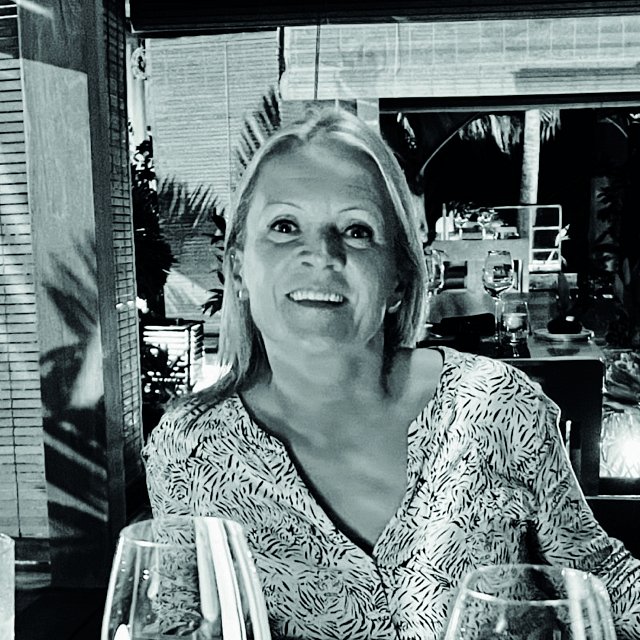
Wagamama
Name: Vicky Hall
Job title: People and culture director
Business profile: Vicky Hall is an experienced HR professional who oversees all things people and culture at Wagamama – part of The Restaurant Group’s vast and fast-expanding estate. Wagamama offers a modern take on the Asian dining experience, embodying a ‘bowl to soul’ philosophy through signature curry and ramen dishes on its 50% plant-based menu.
DO: How do you encourage an inclusive workplace culture that promotes good health and wellbeing among employees?
Vicky Hall (VH): We focus on three key pillars: diversity, inclusion and belonging.
Diversity sees us embrace everything that makes us unique, both seen and unseen. Our commitment to diversity involves actively recruiting individuals from various backgrounds to ensure our workplace reflects a rich tapestry of experiences, perspectives and talents.
Inclusion means inviting everyone in and treating them with dignity and respect. This involves creating an environment where all voices are heard and valued.
Belonging involves our teams feeling a genuine sense of connection with their colleagues. We cultivate a supportive environment where everyone can express themselves without judgement.
DO: As a business, what are you doing to combat the damaging workplace stigma surrounding mental health and why is this important?
VH: Over the years, we’ve worked with mental health charity YoungMinds and ambassador Ben West to address mental health issues, with the organisations finding that 95% of young people today feel lonely or isolated. To combat this, we created study hubs and student benches designed to provide a safe environment where guests who are students can focus on their work.
Internally, we actively listen to our teams to understand the interventions they need to support their mental health. In 2024/25, we are looking to embed our partnership with Shout to support our mental health offering further.
DO: How do you ensure every team member feels seen, heard and valued regardless of their level or position?
VH: We highlight key calendar dates such as Eid, Black History Month and Trans Awareness Week. These dates are chosen within our inclusion allies group, individuals in the business who ensure the work we do is truly inclusive. Last year, we introduced a Pride drag brunch series to celebrate diversity and give back to our teams.
To strengthen inclusion, we also train our leaders in active listening, empathy and effective communication. We want to ensure we’re building in true inclusion and promoting a culture of mentorship and peer support, allowing team members of all levels and racial backgrounds to connect and learn from each other.
DO: What sort of perks, rewards or support initiatives do you provide to attract and retain top talent?
VH: Our benefits package includes competitive salaries, flexible work arrangements, and comprehensive health and wellness programmes. Additionally, we recognise the importance of work-life balance and offer generous leave policies, allowing our teams to recharge and spend time with their families.
We’re also proud to be externally viewed as inclusive through our encouragement of community engagement and volunteer work.
DO: If you were to offer a top tip to fellow operators on what it takes to create a welcoming culture that promotes staff wellbeing, what would it be?
VH: My advice would be to actively engage your teams. Encourage open dialogue and create an environment where everyone feels empowered to contribute. By inviting their participation, you foster a sense of ownership and inclusivity, rather than imposing decisions from above.
Finally, it’s important to lead by example and prioritise wellbeing. Executives and managers need to demonstrate a genuine commitment to wellbeing from the top down and ensure staff feel supported and empowered to prioritise their own health and happiness.

